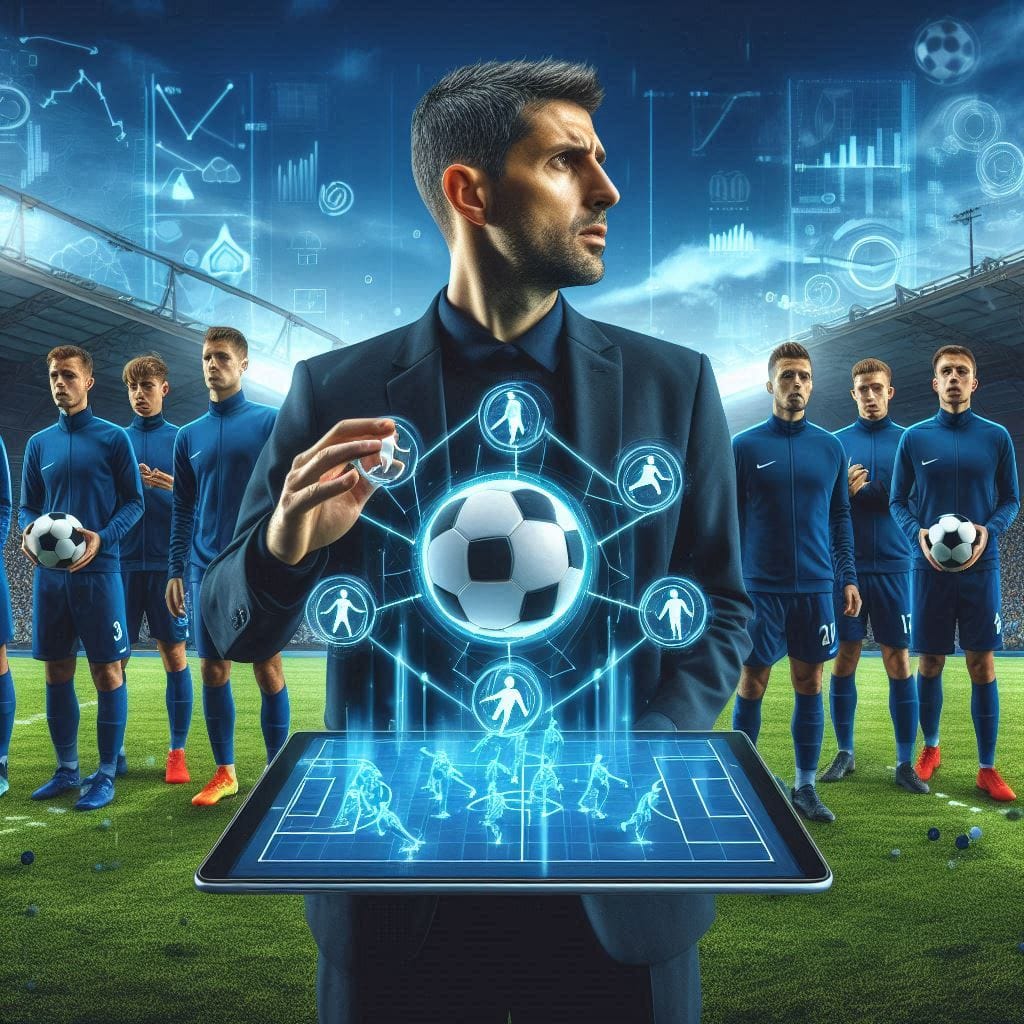Mikel Arteta’s approach to football, based on anticipation and automatisms generated by repetition, has a remarkable connection with the principles of the Pons Method. Arteta mentions how visualizing where teammates will be before receiving the ball simplifies the game and speeds up decision-making. This concept, which articulates the idea of game patterns and acquired habits, is one of the fundamental pillars of high-performance training.
It is surprising that, despite the closeness of some of his staff members to the Pons Method, Arteta has not yet explored this methodology in depth, as it could further enhance his style of play.
Automation and Visualization: Two Parallel Worlds
The Pons Method asserts that offensive and defensive automatisms are essential for creating game patterns that enable quick and effective responses on the field. Brain plasticity and the development of mirror neurons are key to this process, allowing players not only to react to immediate stimuli but also to anticipate plays by internalizing movements and positions through repetition.
Arteta’s analogy of reaching for a cup in the kitchen perfectly reflects this principle. Just as repeated actions in daily life generate automatic habits, in football, players must instinctively know where their teammates are. This ability not only speeds up transitions but also increases the pace of play, disrupting well-structured defenses.
Positional Empathy and Progressive Synchronization
One of the sub-principles of the Pons Method is positional empathy, where players develop an intuitive understanding of their teammates’ movements and positions. This creates a common tactical language, ensuring that all team members interpret the game in the same way.
This synchronization, the result of repetition and visual analysis of game patterns, is directly aligned with Arteta’s vision. Training sessions that incorporate play visualization, match analysis, and simulations of complex scenarios help automate responses, allowing players to act before the opponent can react.
Mental Connection as the Key to Success
Modern football goes beyond the physical and technical aspects; cognition and mental preparation are now equally crucial. The Pons Method addresses this by integrating applied neuroscience and fostering the creation of habits through visual repetition and practice. This type of training focuses on producing players who not only master technical actions but think faster and are better synchronized with the game model.
Invitation to Collaborate
I would love to introduce Mikel Arteta and his staff to the Pons Method, exploring the synergies between his philosophy and this innovative methodology. Combining both approaches could elevate the team’s performance, consolidate automatisms, and further strengthen the tactical identity of his players.
If there is interest in exploring these ideas, I would be delighted to collaborate and provide practical tools to facilitate the integration of the Pons Method into his project. There is much in common, and I am confident that this partnership could make a significant difference in the team’s success.
David Pons
